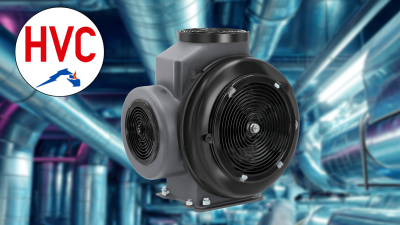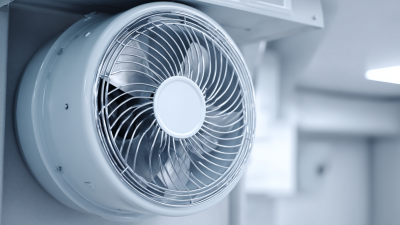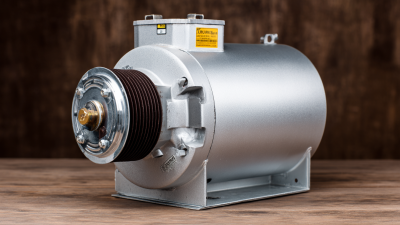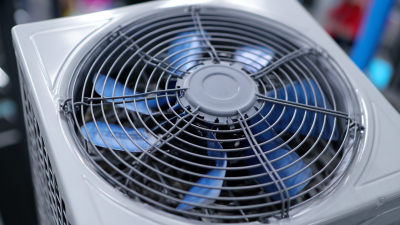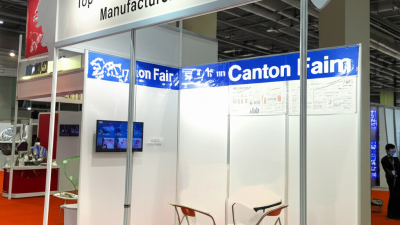




In an era where energy efficiency is paramount for homeowners aiming to reduce utility costs and minimize their environmental footprint, understanding the role of the HVAC blower motor becomes increasingly vital. The HVAC blower motor is a crucial component of heating, ventilation, and air conditioning systems, responsible for circulating air throughout the home. By efficiently managing airflow, it not only enhances indoor comfort but also plays a significant role in optimizing energy consumption. This article delves into the multifaceted benefits of the HVAC blower motor, highlighting how its performance directly impacts home energy efficiency. By exploring the best practices for selecting, maintaining, and upgrading blower motors, homeowners can make informed decisions that align with their energy-saving goals while ensuring their heating and cooling systems operate smoothly and effectively.
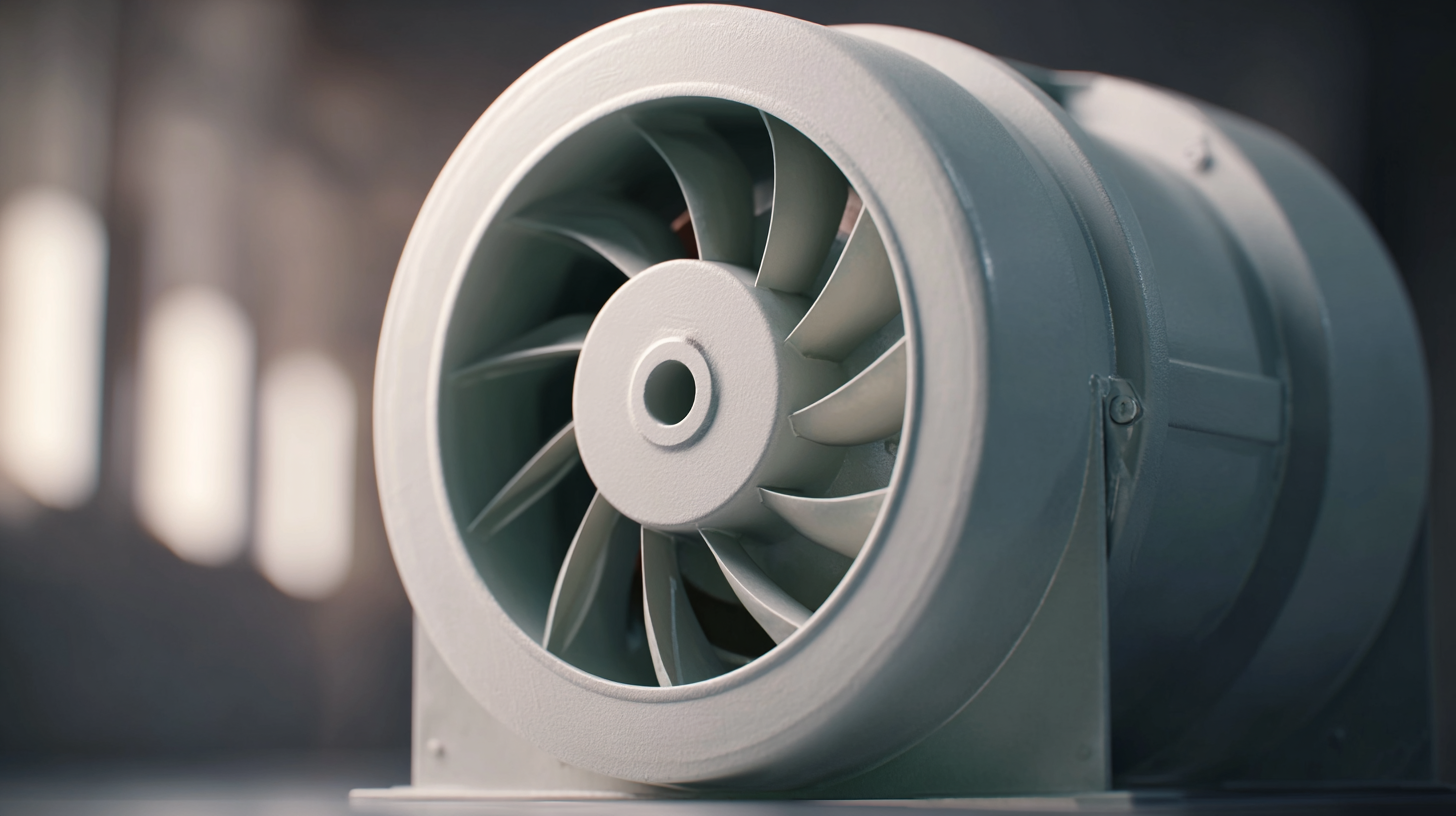
HVAC blower motors play a crucial role in enhancing home energy efficiency by ensuring that heated or cooled air circulates effectively throughout the living space. These motors are responsible for driving the air through ductwork and distributing it into different rooms, which minimizes temperature discrepancies within the home. An efficient blower motor can help maintain a consistent indoor climate, reducing the need for the HVAC system to work overtime, thereby using less energy.
Furthermore, the type and quality of the blower motor significantly impact overall system performance. High-efficiency blower motors, such as variable-speed models, adjust their speed based on the heating or cooling demand. This adaptability not only optimizes energy usage but also enhances comfort by avoiding the sudden temperature fluctuations associated with traditional single-speed motors. By investing in a quality blower motor, homeowners can improve energy efficiency, lower utility bills, and contribute to a more sustainable living environment.
| Parameter | Value | Impact on Energy Efficiency |
|---|---|---|
| Blower Motor Type | ECM (Electronically Commutated Motor) | High efficiency, reduces energy consumption by up to 70% |
| Average Power Consumption | 300 Watts | Lower power consumption leads to reduced utility bills |
| Average Lifespan | 10-15 years | Long lifespan reduces replacement frequency, enhancing overall efficiency |
| Airflow Rate | 1200 CFM (Cubic Feet per Minute) | Optimal airflow improves heating and cooling efficiency |
| Noise Level | 40 dB | Quieter operation improves comfort without additional energy costs |
| Annual Operating Cost | $120 | Cost-effective operation results in significant savings over time |
Blower motors are vital components in HVAC systems, significantly influencing energy consumption and overall efficiency in homes. Their performance is affected by several key factors, including the motor type (AC, DC, or servo), power range, and the implementation of variable frequency drives (VFDs). VFDs enhance energy efficiency by allowing precise control over the motor's speed, which can lead to a substantial reduction in energy usage, especially during periods of varied demand.
In addition to motor type and control strategies, proper sizing and maintenance of blower motors are critical to optimizing energy consumption. Oversized or improperly maintained motors can result in unnecessary energy waste, reducing both efficiency and the lifespan of the equipment. As homeowners look for ways to mitigate rising energy costs and reduce environmental impacts, focusing on these aspects of blower motors can yield significant benefits in energy efficiency and cost savings.
Blower motors play a crucial role in the efficiency of HVAC systems, significantly impacting home energy use. When comparing types of blower motors, two primary categories stand out: single-speed and variable-speed motors. Single-speed motors operate at a fixed speed, which can lead to energy inefficiency, especially during low-demand periods. These motors tend to use more energy, as they continuously run at peak capacity, resulting in higher electricity bills and less effective temperature control.
On the other hand, variable-speed blower motors offer enhanced efficiency and performance. These motors can adjust their speed based on the heating or cooling demands of a home. By operating at lower speeds during milder conditions, variable-speed motors consume less energy while maintaining optimal comfort levels. This adaptability not only leads to lower energy costs but also promotes better air distribution and improved indoor air quality. Overall, selecting the right type of blower motor is essential for maximizing home energy efficiency.
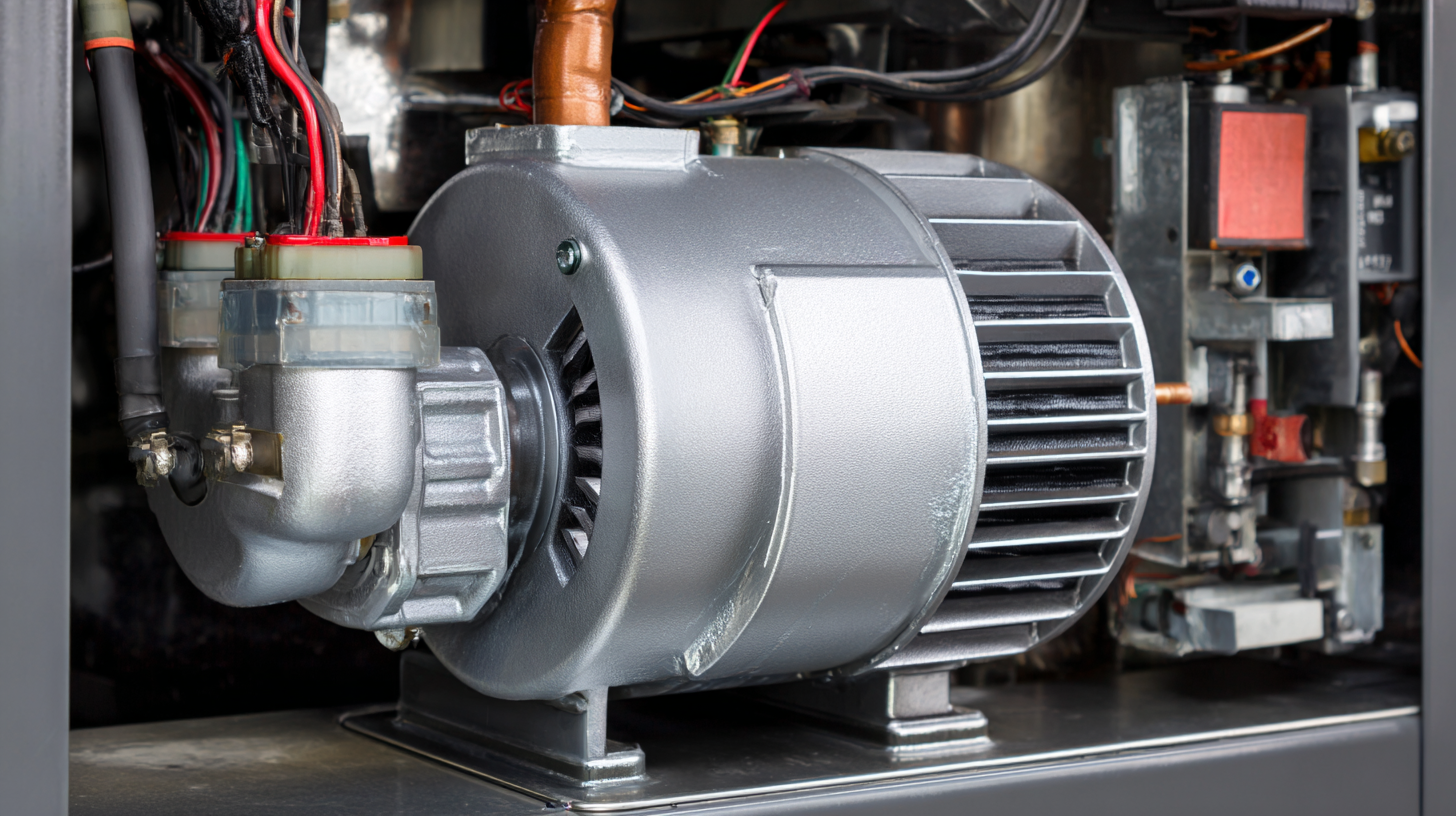
Maintaining your HVAC blower motor is crucial for ensuring optimal energy efficiency in your home. One of the key maintenance tips is to regularly check and replace the air filters. Clogged filters can force the blower motor to work harder, increasing energy consumption and wear. It’s advisable to inspect filters at least once a month and replace them as needed, especially during peak usage seasons.

Another vital aspect is cleaning the blower motor itself. Dust and debris can accumulate on its components, reducing efficiency and potentially leading to overheating. Using a soft brush or vacuum can help remove any buildup. Additionally, lubricating any moving parts as recommended by the manufacturer can enhance performance and extend the motor’s lifespan. Regularly scheduled professional maintenance can also uncover and address potential issues before they become significant problems. By taking these steps, homeowners can significantly improve their HVAC system's efficiency, resulting in lower energy bills and a more comfortable living environment.
The integration of smart technology into HVAC systems is revolutionizing energy efficiency, particularly concerning blower motors. Blower motors are crucial components that circulate air through heating and cooling systems, and advancements in smart technology have led to significant energy savings.
According to the U.S. Department of Energy, HVAC systems can account for nearly half of a home's total energy consumption. By implementing smart controls and variable-speed blower motors, households can reduce energy use by up to 30%, translating to nearly $150 in savings annually for an average home.
Smart technology enables these efficient blower motors to adapt to real-time conditions, optimizing performance based on the actual heating or cooling demand. Reports from the American Council for an Energy-Efficient Economy (ACEEE) indicate that homes equipped with smart thermostats and variable-speed motors can achieve reductions in energy consumption by over 25% compared to traditional systems. The combination of these technologies not only enhances comfort but also minimizes environmental impact, making smart blower motors a vital component in the push for greater energy efficiency in residential settings.
